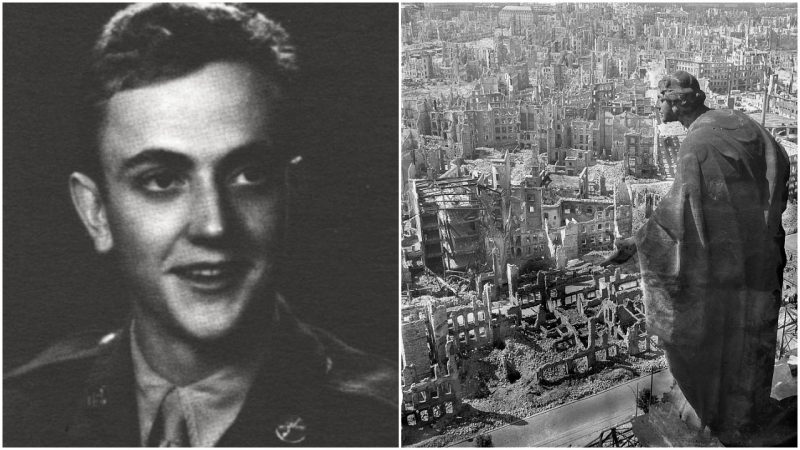Kurt Vonnegut’s literary career lasted for over 50 years, and many of his works achieved worldwide acclaim. His most influential work is the complex anti-war novel Slaughterhouse-Five, following the bitter lives of American soldiers who were captured by the Nazis and survived the Allied bombing of Dresden.
The book is filled with dark humor, satire, and graphic violence, and it was inspired by Vonnegut’s own experiences during the war.
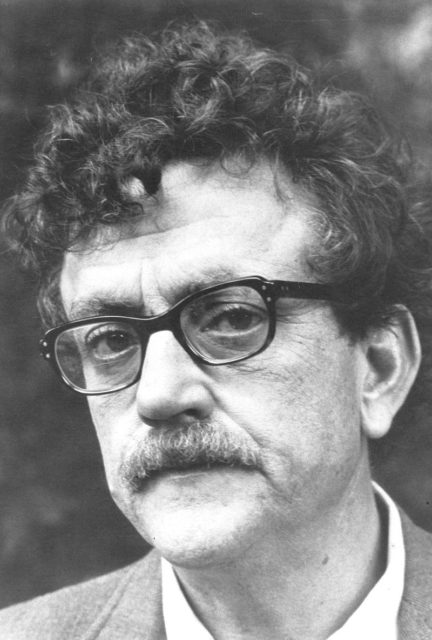
At the beginning of World War II, Vonnegut dropped out of the University of Cornell. He knew that he was about to be drafted into the United States Army, so he enlisted in the army voluntarily in 1943. Early on, he was stationed at Camp Atterbury in Edinburgh, Indiana, where the infantry were trained for the D-Day invasion.
Camp Atterbury was situated close to Vonnegut’s family home, so he visited his mother on weekends, and his superiors allowed him to use his family’s car. The rough period of his life started when his mother committed suicide in May 1944. Just three months after the tragic event, he was shipped to Europe as a scout with the 106th Infantry Division.
The 106th Infantry Division mostly consisted of inexperienced soldiers who were surprised by the ferocity of the German forces in the Battle of the Bulge. 500 soldiers were killed, but Vonnegut survived the battle and was sent to Dresden as a prisoner of war, with another 6,000 captured American soldiers.
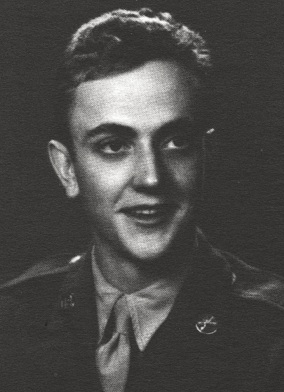
Dresden was a city with no war industry. Vonnegut worked in a malt syrup factory and lived in a slaughterhouse. The Germans never expected Dresden to be bombed by Allied forces, and there were only a few small bomb shelters scattered throughout the city.
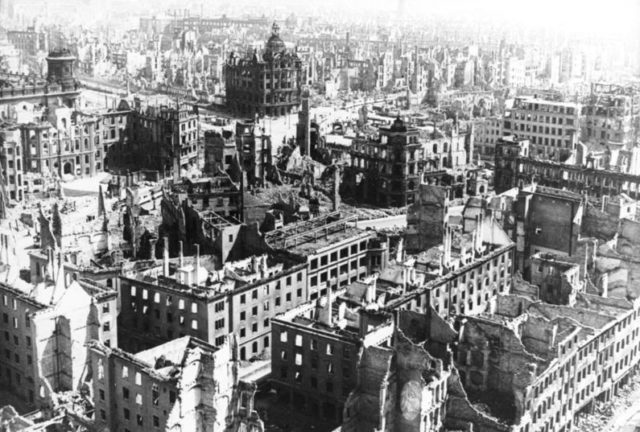
However, Allied forces bombed Dresden on 13 February 1945, with almost 25,000 people being killed in the air raid.
Vonnegut survived by hiding in an underground meat storage room of the slaughterhouse which was his temporary home. Immediately after the air raid, he and the other American prisoners were sent to the ruins of Dresden to excavate dead bodies and look for survivors. He was rescued after the United States forces captured Leipzig, and was returned to the United States. When he returned, he was 22 years old and continued to serve in the Army for a few months.
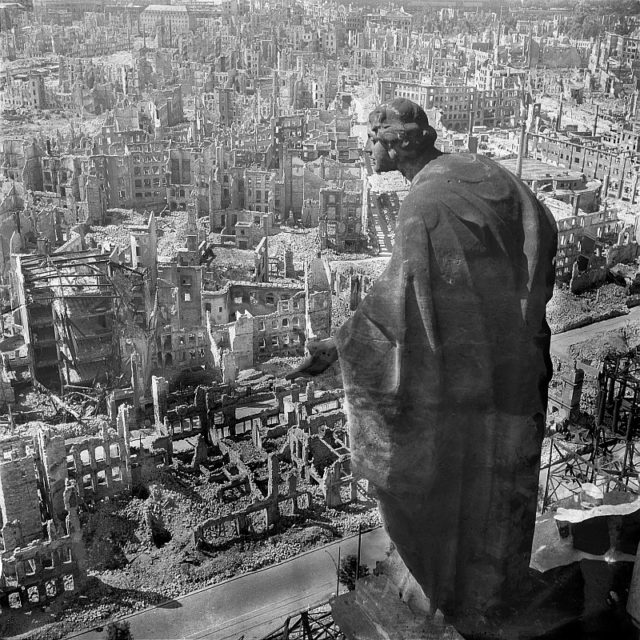
After the war, he was awarded a Purple Heart, which he thought was unnecessary because he was captured and didn’t do much to contribute to the Allied victory. However, the war left its mark on him, and he was an outspoken anti-militarist for the rest of his life. Slaughterhouse-Five is also known for Vonnegut’s most memorable quote: “So it goes”. It was used throughout the novel to comment on the inevitability of death and the inability of man to change the course of history. The phrase is nowadays praised as one of the wittiest comments on the absurdity of life.
The terrible experience of carnage, cold, and forced labor found their way into Vonnegut’s most famous novel, but his other works are also infused with a strong anti-war sentiment.
